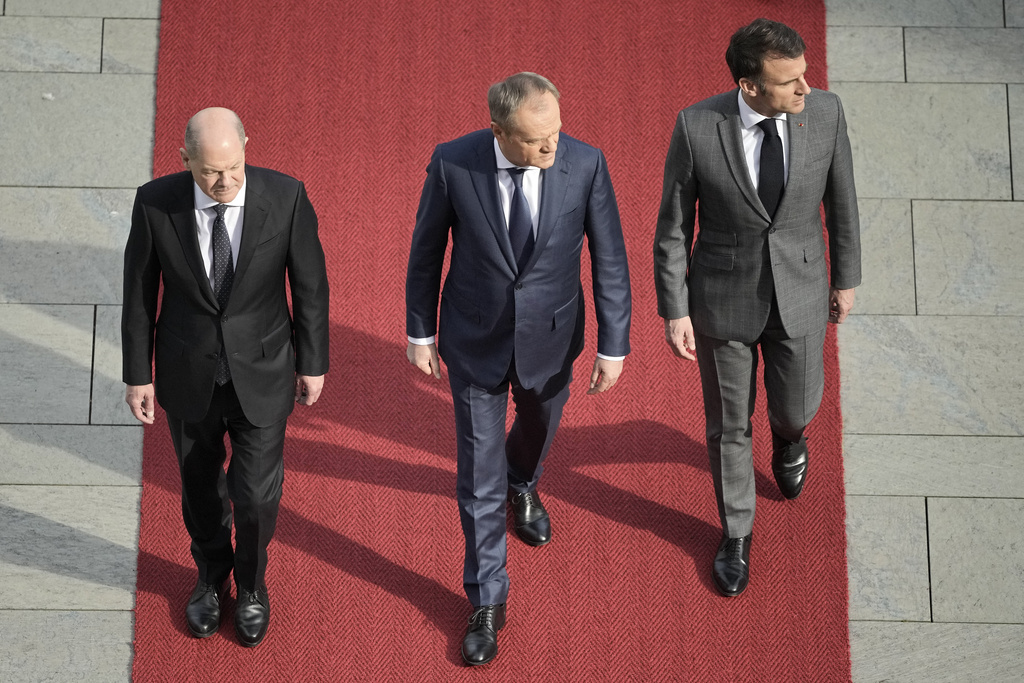A distinctly emerging feature of Polish politics is its continuous discontinuity. In practice, it appears as though we have a particular fondness for oscillating from one extreme to another. Perhaps this is a result of our innate national contrariness. Or maybe it’s simply proof of a lack of maturity?
To play in the region or with the biggest players in Western Europe? A perfect example of this zigzagging between two options in our foreign policy is the attitude towards two international formats in Europe that have been developed over the last 30 years.
I am referring, of course, on the one hand to the Visegrád Group, and in a broader formula the Three Seas Initiative, and on the other hand, the Weimar Triangle.
In the first case, we are dealing with the ambition to play a leading role in a region that we have always been a part of historically and geopolitically, but also to create a more free, independent space for pursuing our own interests. In the second case, it’s about a no less significant desire for us to finally take part in the game with the biggest players in Europe.
In both scenarios, some form of aspiration comes to the fore, which obviously includes the trap of falling into illusions and wishful thinking. Nonetheless, if we treat these models of cooperation coolly and instrumentally, then each represents a priceless resource that we should reach for according to the current balance of power in which we find ourselves and the goals we have set.
Why can’t we maintain a stable course in international politics?
However, for some mysterious reason, this never happens in our politics. In practice, we treat both directions of action in a binary manner. Therefore, if we opt for the region, it’s in opposition to the biggest nations in Europe, and if conversely, we choose the big ones, it’s only at the expense of disavowing the significance of the region.
That our zigzagging policy might be in the interest of the big players as well as our partners in the region, I understand. But why we ourselves voluntarily behave this way, that’s harder to grasp.
Usually, to explain this phenomenon, our institutional weakness of the state is cited, which does not allow us to maintain a relatively steady course. However, I think the issue is, unfortunately, more serious and this disjointed treatment of two formats of European cooperation in Poland stems from the internal competition of two different, strong, political identities. And reconciling them is not possible.






